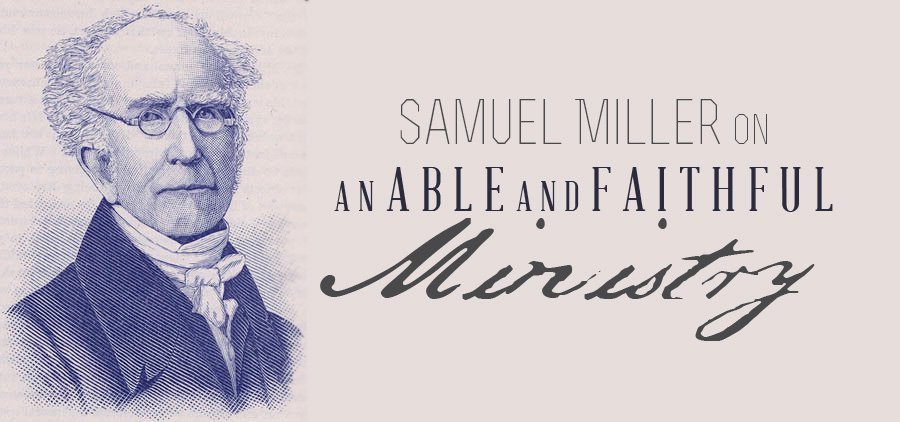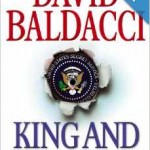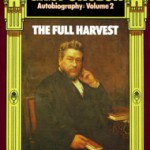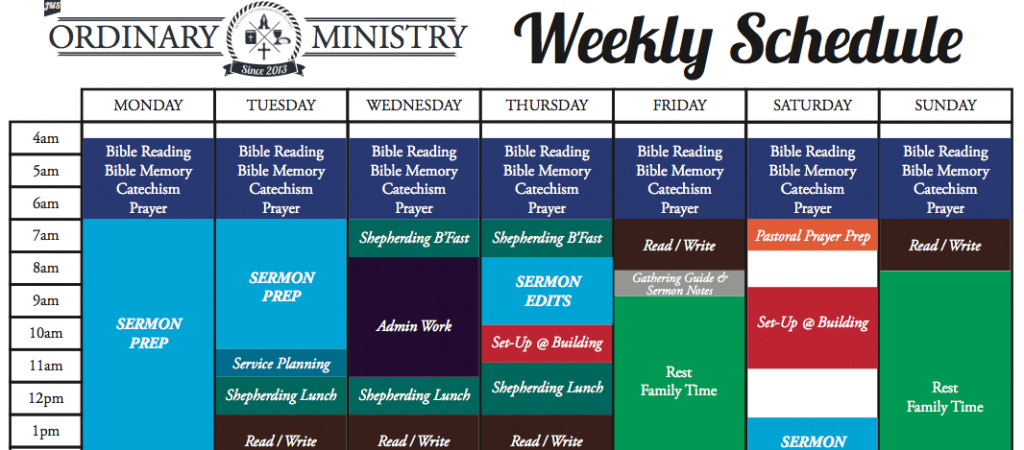
Yesterday I started to read Jim Garretson’s An Able and Faithful Ministry: Samuel Miller and the Pastoral Office. It is a mighty fine combination of biography and practicality.
When Archibald Alexander (a legend in his own right) was inaugurated as the first professor of Princeton Seminary Miller gave a sermon entitled, “The Duty of the Church to take Measures for Providing an Able and Faithful Ministry.” In it he offers four marks of “a ministry, at once qualified and disposed to perform” ably and faithfully. What are those marks? Piety, talents, learning, and diligence.
Let me try to offer choice gold from Miller on each mark.
AN ABLE AND FAITHFUL MINISTER IS PIOUS
Miller says that piety is the “first requisite to form a faithful and able minister.” A pious man is one who has “walked in those paths of humility, self-denial, and holy communion with God, through our Lord Jesus Christ, in which it is the business of his life to endeavor to lead his fellow men.”
It’s quite clear, according to Miller’s understanding of the pastorals, that piety is essential to qualify a man for the ministerial office. He says, “without piety, he cannot be an able minister. He cannot be ‘a workman that needeth not to be ashamed, rightly dividing the word of truth, giving to each his portion in due season’ (cf. 2 Tim. 2:15; Luke 12:42).” He goes on to offer up a volley of rhetorical questions to understand the place of piety,
How can a man who knows only the theory of religion undertake to be a practical guide in spiritual things? How can he adapt his instructions to all the varieties of Christian experience? How can he direct the awakened, the inquiring, the tempted, and the doubting? How can he feed the sheep and the lambs of Christ? How can he sympathize with mourners in Zion? How can he comfort others with those consolations wherewith he himself has never been comforted of God? He cannot possibly perform, as he ought, any of these duties, and yet they are the most precious and interesting parts of the ministerial work. However gigantic his intellectual powers, however deep and various and accurate his learning, he is not able, in relation to any of these points, to teach others, seeing he is not taught himself. If he makes the attempt, it will be “the blind leading the blind;” and of this, unerring wisdom has told us the consequence (cf. Matt. 15:14; Luke 6:39).
He believes piety is so deeply and vitally important in forming an able and faithful ministry “that there cannot be too strict a guard placed on this point.”
AN ABLE AND FAITHFUL MINISTER IS TALENTED
“Wise” is a word that better communicates to our culture what Miller intends on this point. Here’s what he wants to emphasize with talents: By which I mean, not that every minister must, of necessity, be a man of genius; but that he must be a man of good sense, of native discernment and discretion; in other words, of a sound respectable natural understanding.”
“There is no employment under heaven in which wisdom, practical wisdom, is so important, or rather, so imperiously and indispensably demanded, as in the “ministry of reconciliation” (2 Cor. 5:18). A man of a weak and childish mind, though he were as pious as Gabriel, can never make an able minister; and he ought never to be invested with the office at all. For with respect to a large portion of its duties, he is utterly unqualified to perform them; and he is in constant danger of rendering both himself and his office contemptible.”
AN ABLE AND FAITHFUL MINISTER IS LEARNED
Next, Miller highlights the place of learning or competent knowledge for gospel ministry. “Without this, both piety and talents united are inadequate to the official work,” he asserts. How much knowledge is necessary for the ministry? Miller answers in this way, “He [must] be ready, on all occasions, to explain the scriptures. This is his first and chief work.” To make sure his audience doesn’t miss the full scope of learning he offers this elaboration:
A minister must be able not merely to state and support the more simple and elementary doctrines of the gospel; but also to elucidate with clearness the various parts of the sacred volume, whether doctrinal, historical, typical, prophetic, or practical. He is to be ready to rectify erroneous translations of sacred scripture; to reconcile seeming contradictions; to clear up real obscurities; to illustrate the force and beauty of allusions to ancient customs and manners; and, in general, to explain the word of God, as one who has made it the object of his deep and successful study. He is “set for the defense of the gospel” (Phil1:17); and, therefore, must be qualified to answer the objections of infidels; to repel the insinuations and cavils of skeptics; to detect, expose, and refute the ever varying forms of heresy; and to give notice, and “stand in the breach” (cf. Ps. 106:23), when men, ever so covertly or artfully, depart from “the faith once delivered to the saints” (cf. Jude 3). He is to be ready to solve the doubts, and satisfy the scruples of conscientious believers; to give instruction to the numerous classes of respectful and serious inquirers; to “reprove, rebuke, exhort with all longsuffering and doctrine” (2 Tim. 4:2). He is to preach the gospel with plainness, dignity, clearness, force, and solemnity. And finally, he is to perform his part in the judicatories of the church, where candidates for the holy ministry are examined and their qualifications ascertained; where a constant inspection is maintained over the faith and order of the church; where the general interests of Zion are discussed and decided; and in conducting the affairs of which, legislative, judicial, and executive proceedings are all combined.
Read that slowly again, because you may have missed the weight of it by reading such a long quote quickly. Is that not a convicting and stirring view of ministry?
AN ABLE AND FAITHFUL MINISTER IS DILIGENT
The final mark is diligence. Piety, talent, and learning need to all be coupled with diligence if they are to have any effect. “However fervent his piety; however vigorous his native talents; and however ample his acquired knowledge; yet, if he is timid, indolent, wavering, easily driven from the path of duty, or speedily discouraged in his evangelical labors, he does not answer the apostle’s description of “a faithful man” (cf. 2 Tim. 2:2).”
Here then is summary portrait of an able and faithful minister:
Such is a faithful and able minister: a minister fervently pious; eminently wise, discerning, and prudent; extensively learned, especially mighty in the scriptures; abounding and prevalent in prayer; a bold, energetic, instructive, experimental preacher; a zealous, affectionate, condescending, laborious pastor; a friend to revivals of religion; a firm and persevering contender for the truth; one, in short, who devotes all his talents, all his learning, all his influence, and all his exertions, to the one grand object, “fulfilling the ministry which he has received of the Lord Jesus” (cf. Acts 12:25; 20:24).
What about you? Any marks you would want to add?

![unashamed[1]](https://jordanmarkstone.com/wp-content/uploads/2014/04/unashamed1-1024x432.png)











